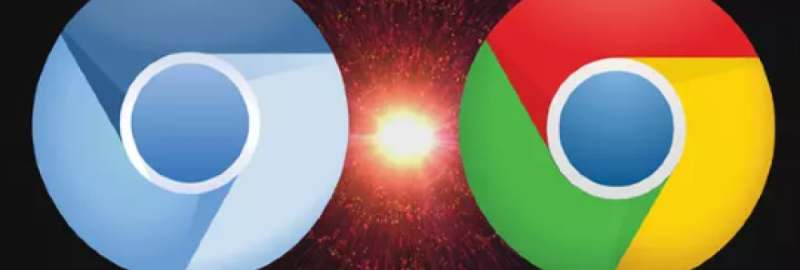
In an age where digital content is king, finding a seamless way to reward creators directly has been a challenge. Enter the latest initiative by Chromium developers: a groundbreaking system that promises to revolutionize the way we support content creators online. This approach aims to simplify the process, making it easier for users to directly contribute to the creators they love, without the hassle of managing multiple subscriptions or viewing intrusive ads.
At the heart of this innovative system is the concept of microtransactions, a model where small amounts of money are automatically transferred from a user's digital wallet to the content creators as they browse the web. This model is built on the foundation laid by Brave Browser's Basic Attention Tokens, but takes it a step further by integrating the process directly into the browser's functionality. Users simply need to set up a digital wallet once, and the browser takes care of the rest, distributing payments based on the user's engagement with various sites.
The technical backbone of this system is the Open Payments API and a set of web standards known as Web Monetization. Together, these technologies enable browsers to make payments to content creators seamlessly, without requiring any action from the user beyond the initial wallet setup. This allows for an uninterrupted enjoyment of preferred content by users, while ensuring that creators are directly and equitably rewarded for their contributions.
This development is still in the prototyping stage, with Google and Apple showing keen interest. The implementation of this system in Chromium-based browsers like Google Chrome, Edge, or Brave could set a new standard in online content consumption and creator compensation. It represents a significant shift away from the ad-based revenue models and subscription services that currently dominate the internet, offering a more user-friendly and creator-supportive alternative.
The potential impact of this system on the online ecosystem is immense. Not only does it promise to provide a more equitable way for creators to earn revenue, but it also offers a more pleasant browsing experience for users, free from the clutter of ads and the burden of managing subscriptions. This transition from a prototype to a fully implemented project signifies a major advancement in the development of the internet, laying the groundwork for a future online environment that is both more sustainable and focused on the needs of the user.